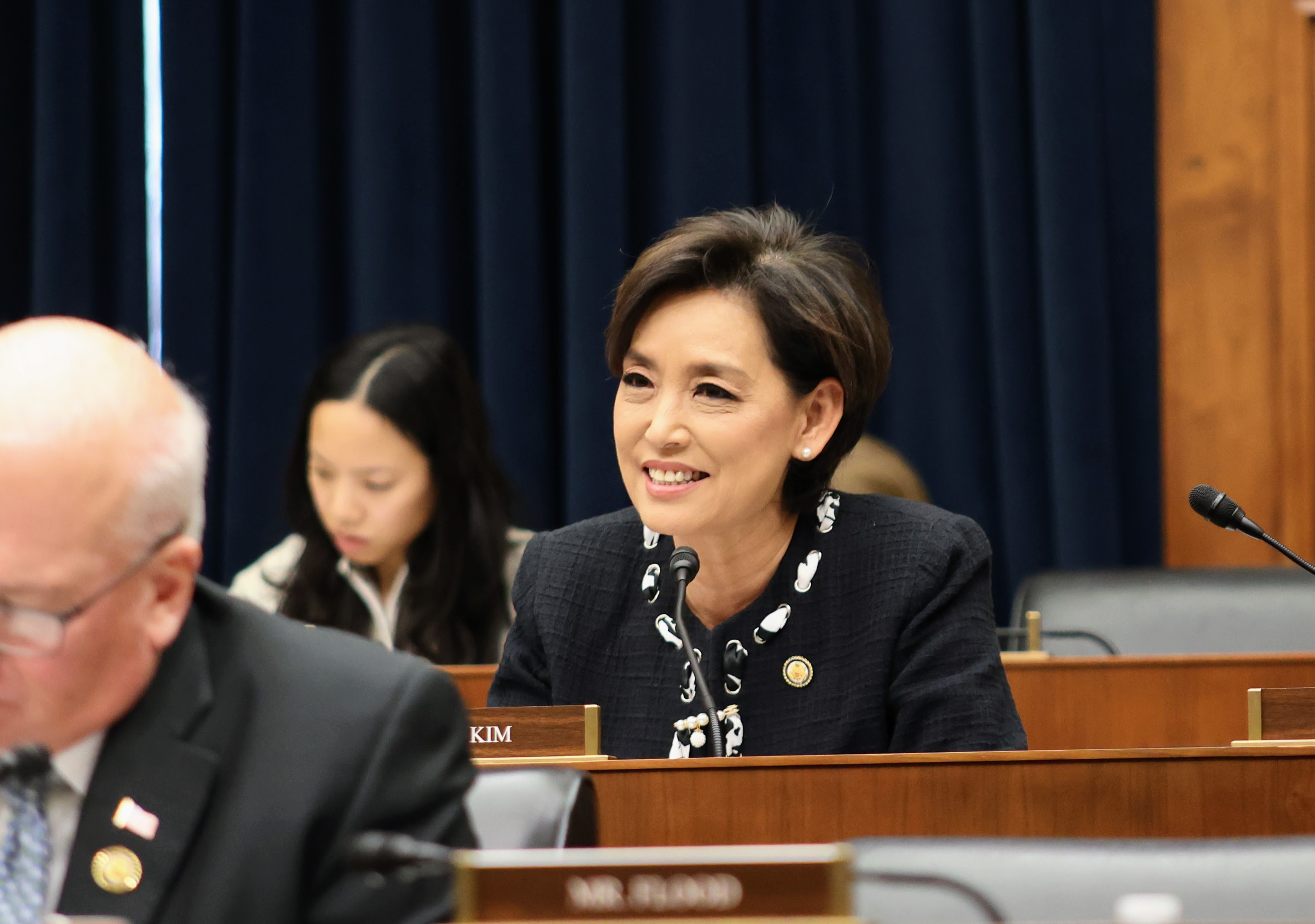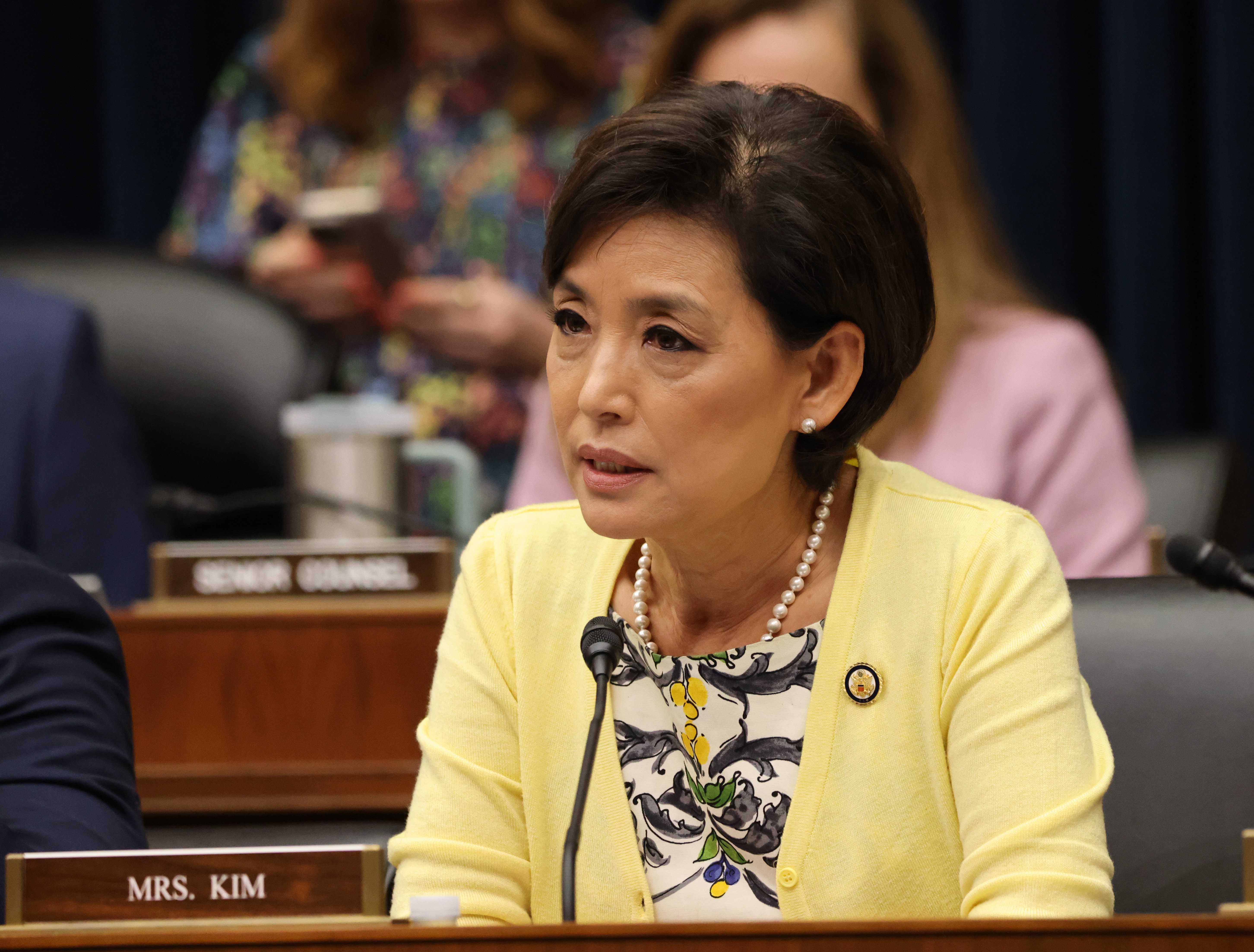A flaw would be corrected in the U.S. tax code that penalizes American taxpayers who are waiting on delayed tax refunds under bipartisan legislation proposed on April 27 by U.S. Rep. Young Kim (R-CA).
The congresswoman signed on as the lead original cosponsor of the Cutting Paperwork for Taxpayers Act, H.R. 2978, which is sponsored by U.S. Rep. Abigail Spanberger (D-VA) to exclude from gross income any interest paid on an overpayment of tax in the case of an individual or small business, according to the text of the bill.
“Filing taxes is confusing enough already. American taxpayers shouldn’t have to fill out even more paperwork due to IRS backlogs that are out of their control,” Rep. Kim said. “The Cutting Paperwork for Taxpayers Act will make life easier for taxpayers and close this loophole punishing taxpayers for IRS delays.”
Currently, when tax refunds from the Internal Revenue Service (IRS) are delayed by more than 45 days, interest on the refund starts accumulating. If the interest exceeds $10, then a taxpayer receives a separate 1099-INT form and must pay taxes on that interest in the next tax filing season, despite the refund being delayed through no fault of their own, according to a bill summary provided by Rep. Kim’s office.
If enacted, H.R. 2978 would remove this requirement and designate the accumulated interest on a late tax refund as non-taxable income, says the summary, noting that this would prevent individual filers and small businesses from reporting the interest as additional income on a separate form.
“I am proud to join Rep. Spanberger to introduce this bipartisan bill, and I will keep fighting for common-sense policies that allow families and individuals to keep more of their hard-earned money in their pockets,” said Rep. Kim.
The Cutting Paperwork for Taxpayers Act is endorsed by the National Taxpayers Union.
“Backlogs and delays at the IRS shouldn’t force taxpaying Americans to fill out unnecessary paperwork, nor should they force these taxpayers to pay more to the IRS,” said Rep. Spanberger. “I’m proud to partner with Congresswoman Kim on rectifying this issue, and I look forward to making this change for Virginians who face this undue burden. We can make it right.”




